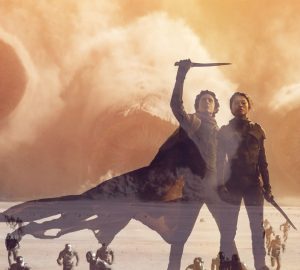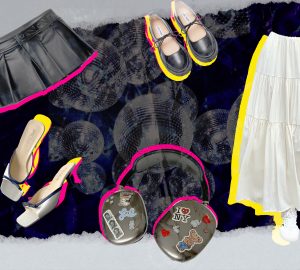The Connector interviews Carlton Richardson, a recent photography B.F.A. graduate.
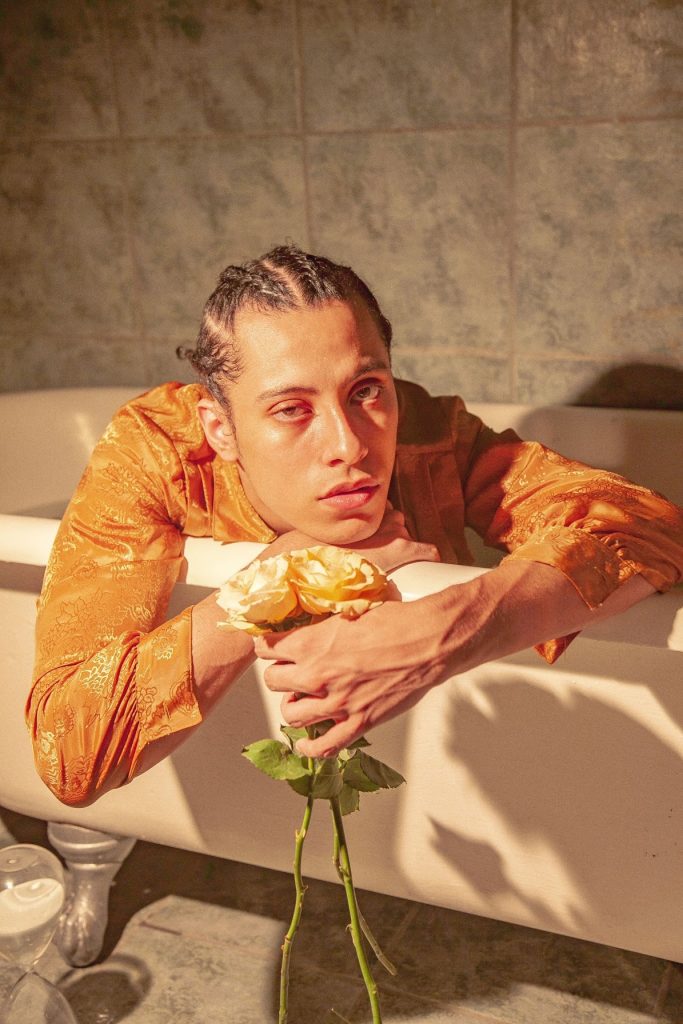
Tell us a bit about yourself.
I was born in Miami, Fla. — I lived there for the first half of my life, and it was pretty fun. My family lived on the very south side, about ten minutes away from South Beach. Almost all my neighbors in Miami were Honduran. Most of my uncles and aunts had mango trees in their backyard. I remember my mom’s house having two coconut trees in her front yard … and when they’d fall, my brothers and I would break them on sidewalk and drink the fresh water when the shell cracked open. I then moved to Atlanta for high school, where I was homeschooled for all four years. I didn’t get the typical high school experience my friends in college did, mine was more private. I went to an online high school, so I stayed at home for most of the experience, i.e. no social life. Lastly, I moved to Savannah — where I got my B.F.A. in photography in the Spring of 2019, and now I’m back here in Atlanta. I got to grow in three of the most interesting cities in the south, each a treasure, each in very different times of life, and each time I learned so much.
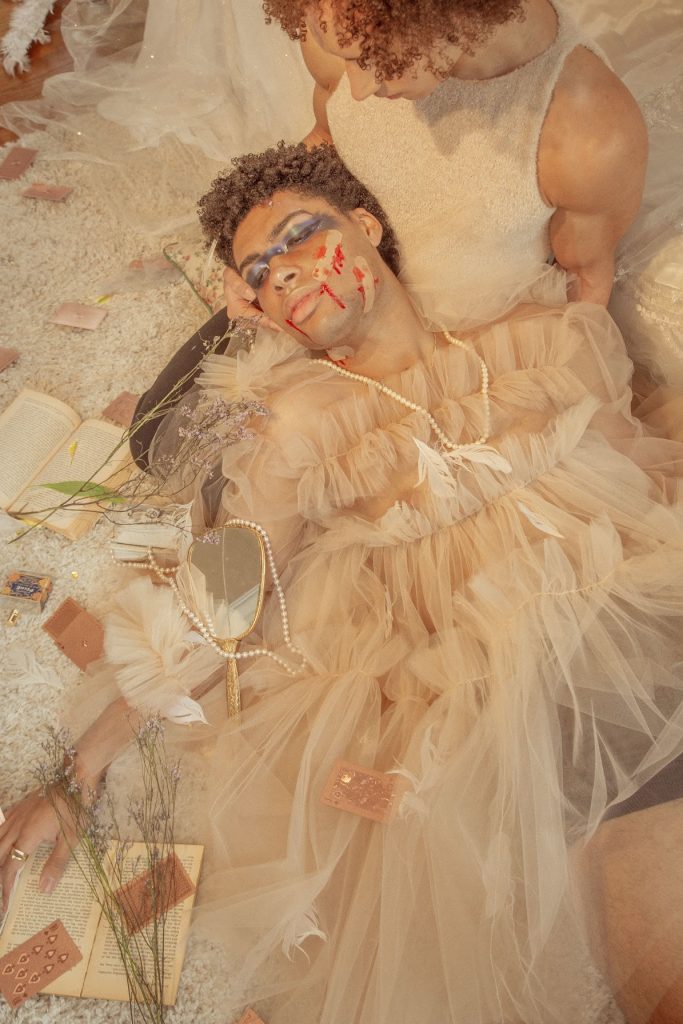
When did you start photography and what does it mean to you?
I started photography in my second year of college, for the first time ever. I originally planned on being a fiction novelist, and that’s what I went to school for and what I did all throughout high school. I use to write fiction books (zombie novellas on wattpad, let’s be real) in my free time before college, so I was sure I wanted to do that as a career. After about a year of college, and hanging around so many of my first-year friends who were all of these amazing photographers, it ultimately inspired me to pick up the practice – and I haven’t turned back since. I’m in love with the medium, and to me, it’s only a more powerful way to tell a story.

What is your photography process? Describe the type of photography you like.
My photography process comes from a storytellers’ point of view, I’d say. Each project I work on starts off with an idea either inspired by events from my own life or narratives I’ve seen that I’m now reinterpreting through the lens of my own experience. Then, I write it down a working title, and that becomes the start of the process of making a storyboard. I’ll draw panels sometimes of how I think certain scenes should look like, then I’ll write a brief description of exactly what I meant so that my horrible drawing doesn’t confuse me later. I focus on men’s fashion photography and directing for film. I specifically focus on men’s fashion because growing up and being confused about my own sexuality and how that correlated with my fashion. sense – I was always aware of how overly masculine, generic, and textbook heterosexual, men in fashion were presented in popular media. I wanted to create a lane where maybe not so masculine, not so sporty, so straight guys could see themselves on TV, in a magazine, or in a movie and not be cast as the stereotypical sissy or gay archetype.
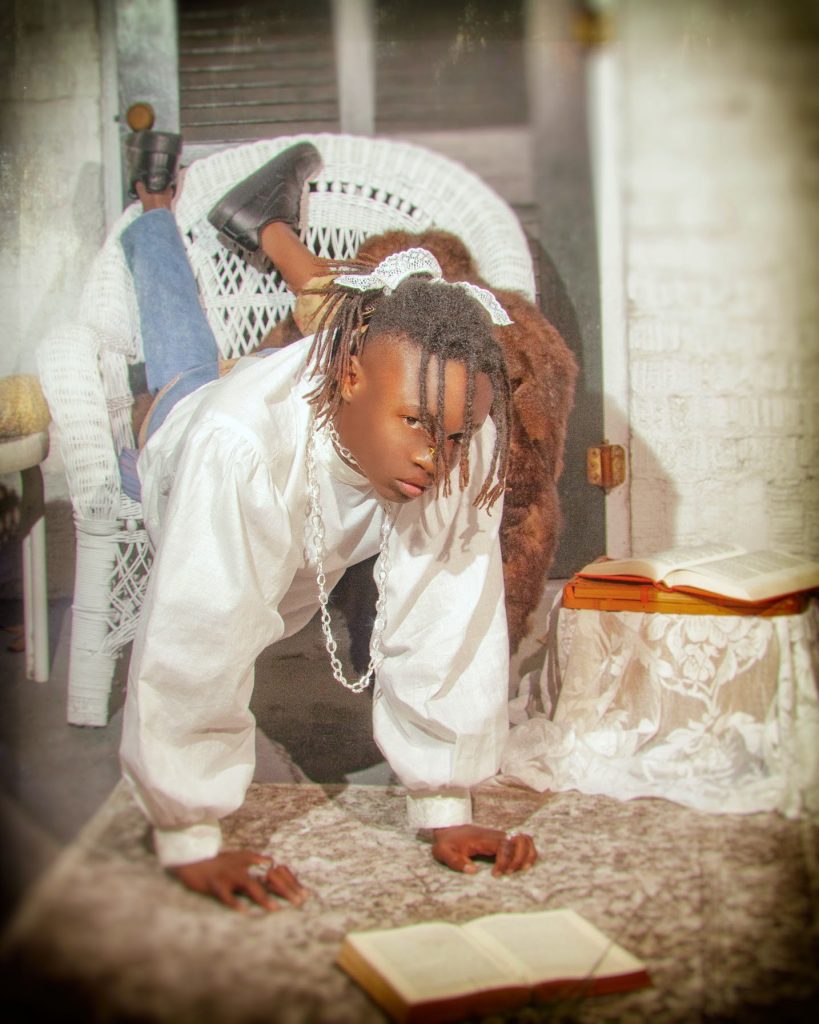
Who or what inspires you?
Since I wasn’t traditionally a photographer, I didn’t really grow inspired by anyone besides my friends I went to school with. I think I’m inspired more by storytellers like Wes Anderson, Tim Burton and Hayao Miyazaki. Each of these storytellers makes each frame absolutely count, has a love for color and know it’s all in the detail. These are the principles I try to translate into my own work, and what standards I hold myself to each time I start an idea.
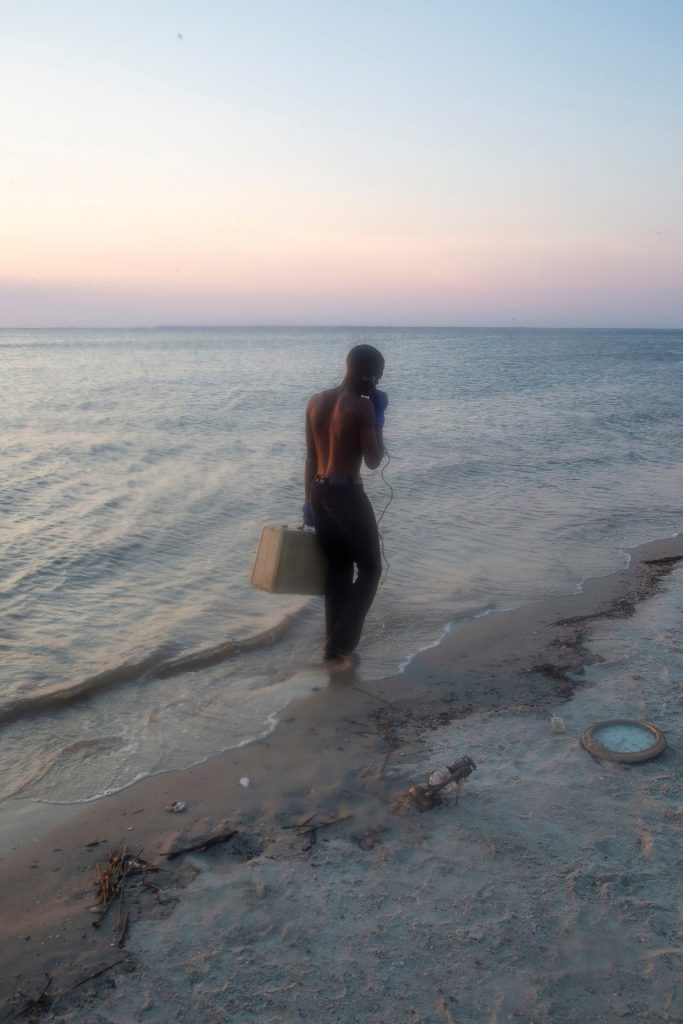
How does SCAD help your creative process?
SCAD has helped my creative career in one major way: technique. At school, I learned so many professional programs, how to use studio lighting/camera equipment, how to not only shoot but to also develop and process my own film, and then scan it. From beginning to end my studies were all focused on teaching us to compete with industry-level artists, and that’s something I really appreciate now.
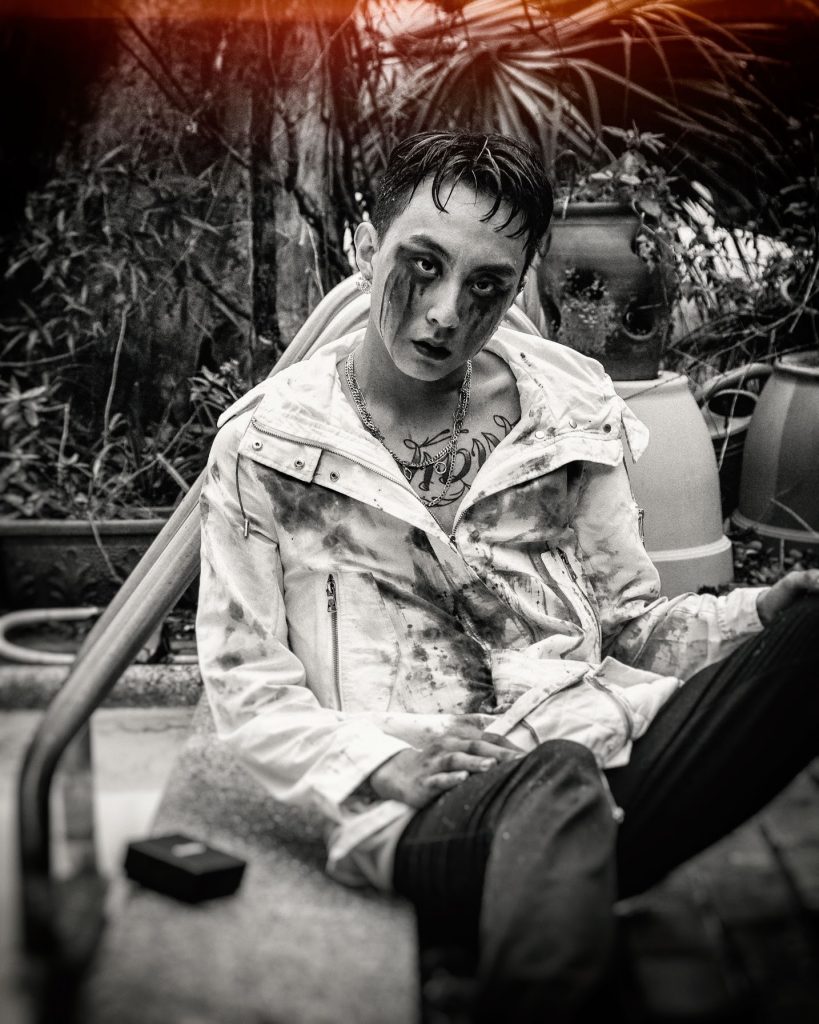
Do you have any advice for other artists?
My advice for other artists is to trust their instincts and make whatever feels natural to them. Art is an extremely personal expression of yourself, it should feel personal. You should have fun in everything you do, creating has been my greatest joy in life — I think everyone should love what they do.
What are your future goals?
Right now my future goal is to keep enjoying what I love to do, and one day make a lot of money from it.

